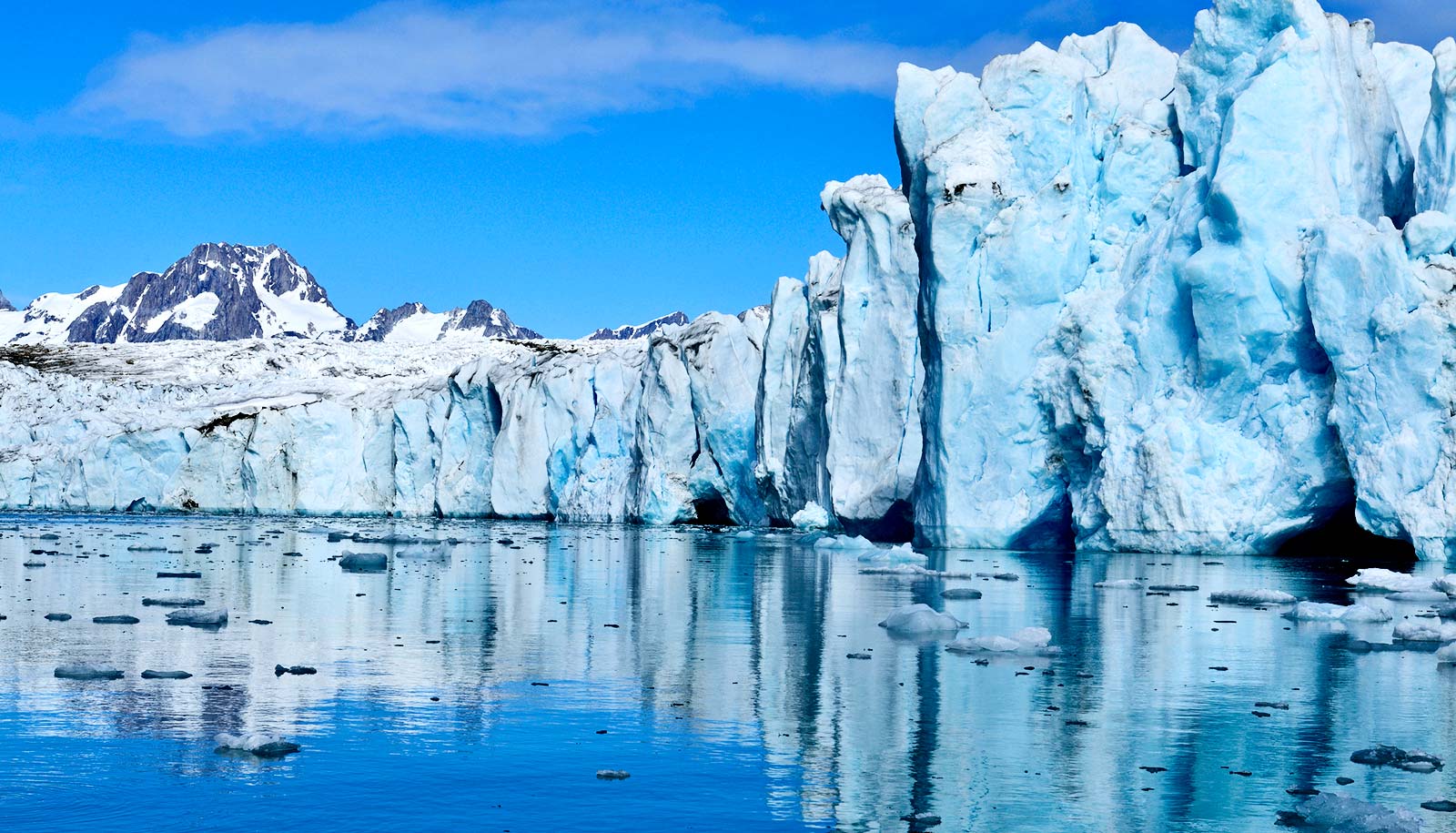New research digs into how links between economic development, technology, politics, and decision-making affect actions people are willing to take against climate change.
The Intergovernmental Panel on Climate Change (IPCC) recently released a new report that calls for urgent action on climate change, including an immediate and sharp increase in investment in uncertain but potentially revolutionary technologies such as carbon capture and storage, and increased international cooperation on climate change mitigation.
The new research, which appears in two studies, helps shed light on many of the complex problems addressed in the IPCC report. One study in Nature Climate Change addresses people’s willingness to invest in risky but potentially highly effective technologies to mitigate climate change. The second study, which appears in Nature Human Behaviour, investigates challenges to international cooperation on climate change.
High-risk, high-rewards
In the Nature Climate Change paper, to gauge people’s behavior regarding climate change mitigation—something that ultimately affects corporate and governmental decision making regarding the issue—political science researchers used an economic game called the “climate change game” as a method to determine people’s preferences for certain, but low-yield investments in mitigation or risky but potentially high-yield investments.
They discovered that players typically invested in high-risk high-reward technologies if such investment was necessary to mitigate the negative effect of climate change, as the new IPCC report argues is necessary.
The research involved four experiments, some online and some in the laboratory, with nearly 2,000 people from the United States participating. The players, working in 4-person groups, each start with a pot of real money that is their own.
As the game starts, there is a built-in 90 percent chance they will lose all of their money, representing climate disaster. But players can choose to spend money to prevent disaster, either through a high-risk, high-reward investment or a no-risk, low-reward investment. The researchers experimentally manipulated the “climate mitigation threshold”—the difficulty of preventing disaster. In the experiments, larger mitigation thresholds meant more money was required to prevent disaster
“We found that by using this economic game most people will invest in high-risk, high-reward technologies to mitigate climate change when other options would not be sufficient for mitigation,” summarizes Talbot M. Andrews, lead author and a graduate student in the political science department at Stony Brook University and member of the Center for Behavioral Political Economy.
In the game setting, commonly used technologies such as wind and solar power created certain but relatively small reductions in greenhouse gas emissions. Yet other not so common technologies, such as carbon sequestration devices, had larger upsides.
These experiments consistently showed that when the mitigation threshold they faced was low, players preferred no-risk, low-reward investment. But when the mitigation threshold they faced was high, players preferred risky investments, even though these investments had the possibility of complete failure.
Avoiding disaster together
According to the IPCC report, increased international cooperation is urgently needed if humanity has any chance of avoiding the worst consequences of climate change.
In the Nature Human Behavior paper, Reuben Kline, associate professor of political science at Stony Brook University, led an international team of political and behavioral scientists in development of an experiment to simulate two key features of the global economy—that economic growth results in an increased threat of climate change and that the benefits of growth have not historically been distributed equally.
Overall, they discovered that unequal levels of economic development, i.e., a world of “haves” and “have-nots,” reduces cooperation to prevent climate change, making a climate disaster more likely.
They used a variation on the climate change game, again with real money at stake, involving participants in the United States and China. The researchers started by allowing players to earn money through simulated economic development—but making clear to players that greater development means greater costs of simulated climate mitigation later.
Importantly, during economic development researchers assigned some players as “haves” and allowed a long period of development and others as “have-nots” and gave them a much shorter period to earn money.
The researchers then tracked whether players would voluntarily curb climate change inducing economic growth and/or pay to directly mitigate climate change. Unfortunately, their results showed that differentiation into “haves” and “have-nots” hurt the possibility of players working together successfully to prevent disastrous climate change.
“Our main finding was that economic status differences reduced the ability of players to agree and cooperate to prevent climate change. This experimental simulation may help explain why it is difficult to have international agreements between developed and undeveloped countries on policies affecting climate change mitigation,” says Kline, also director of the Center for Behavioral Political Economy.
“Even if they agree in principle that more economically developed countries should pay more because they are both more wealthy and more responsible for the problem, merely introducing the idea of differentiating their obligations introduces a point of contention over exactly how to do so and on what basis,” Kline says.
A key ethical principle in international negotiations called common but differentiated responsibilities (CDR), recognizes this causal link between historical economic development and the creation of dangerous climate change. CDR calls on wealthy countries—the “haves”—to “take the lead” in combating climate change. By randomly assigning some individuals to be haves and others to be have-nots, and then comparing them to a control group with equal levels, the researchers were able to test whether something akin to the CDR principle was guiding participants’ decisions.
Kline and colleagues explain that in the experiment those with high levels and multiple resources were indeed willing to forgo additional wealth to reduce the severity of climate change or prevent it. However, despite the high economic development individuals taking the lead and indeed sacrificing more, when compared to the equal control conditions, the overall effect of inequality on economic development is negative, because have-nots pursue greater economic development opportunities and at the same time are more reluctant to directly pay for preventing climate change.
Source: Stony Brook University



